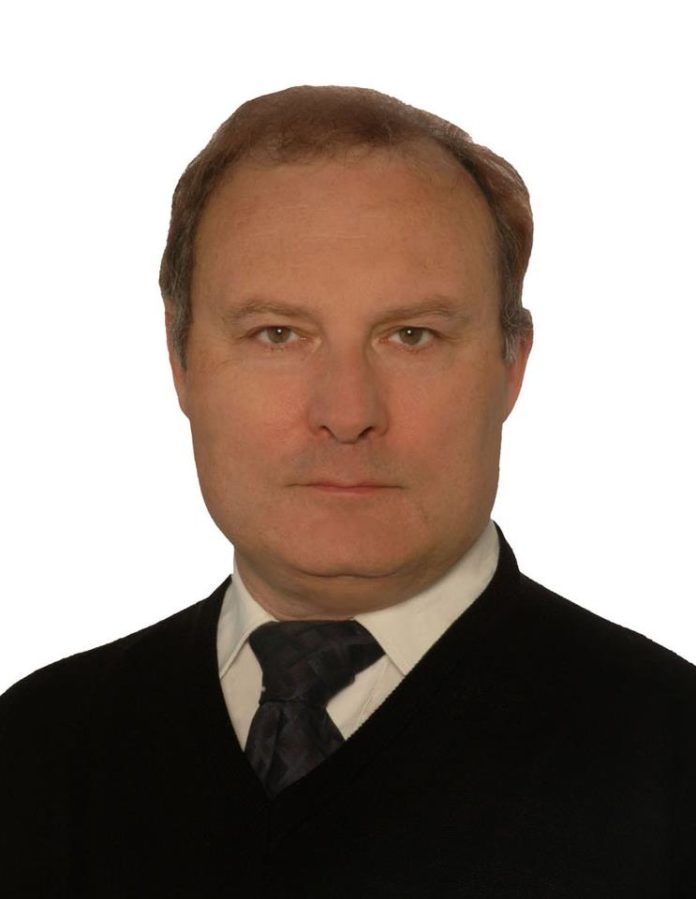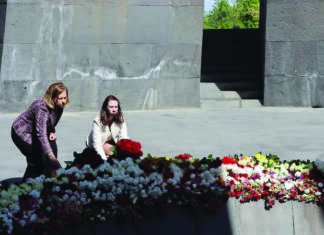By Artsvi Bakhchinyan
Special to the Mirror-Spectator
YEREVAN/LUCERNE, Switzerland — In the intellectual and musical circles of Yerevan many know Swiss musician Alexander Brincken due to his exceptional connection with Armenia and Armenian language and culture. There are few foreigners, even among the Armenologists, who possess Alexander Brinken’s knowledge of literary Armenian. Even many Armenians in Armenia do not speak Armenian as fluent and clear as Alexander does, which he acquired thanks to his diligence and great love of the Armenian language. And this person is not a specialist of Armenian studies; he does not even live in a place with an Armenian population and has no Armenian family. However, he consistently and actively maintains his knowledge of Armenian, both Eastern and Western Armenian, supporting classical orthography and even writes articles in Armenian. Among his articles, the most notable is the review (published in German and Armenian) of Amalia van Gent’s volume Den Ararat vor Augen: Leben in Armenien, where he reveals several anti-Armenian preconceptions of the author.
Alexander Brincken is originally from Russia, He has Georgian, Russian, German and Polish roots. He was born, grew up and received his education in St. Petersburg. Since 1992, he has lived in Lucerne with his Swiss wife, becoming a Swiss citizen in 1998. He teaches music in two schools in Nidwalden (a canton of Lucerne) and plays the organ in a Catholic church of the canton. He regularly visits Armenia, follows closely the political and cultural events of the Armenian world. His favorite places in Armenia are Geghard, Garni, Lori, Tavush and Artsakh.
Alexander, how many times have you visited Armenia?
To be honest, I have not counted, but it definitely will be more than ten times. The first time was in April 1975, at the All-Soviet Student Music Conference held in Yerevan, where I was invited from the Leningrad Conservatory. I read a report about Gustav Mahler and then was introduced to Armenian composers and musicologists. Tigran Mansuryan, Yervand Yerkanyan, Anna Arevshatyan, Armen Budaghyan and some young musicians and songwriters left the greatest impression on me.










